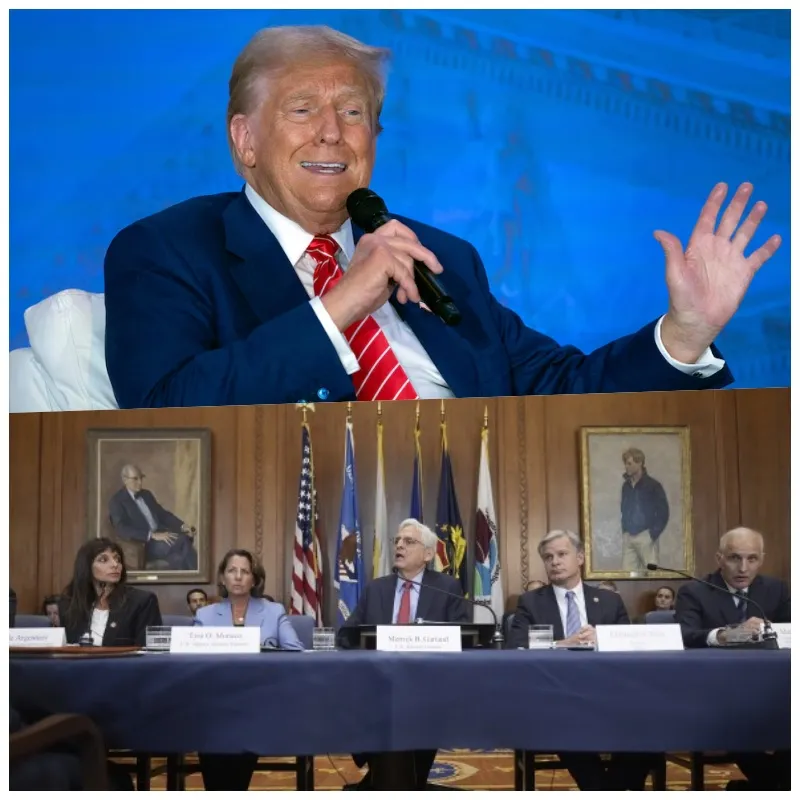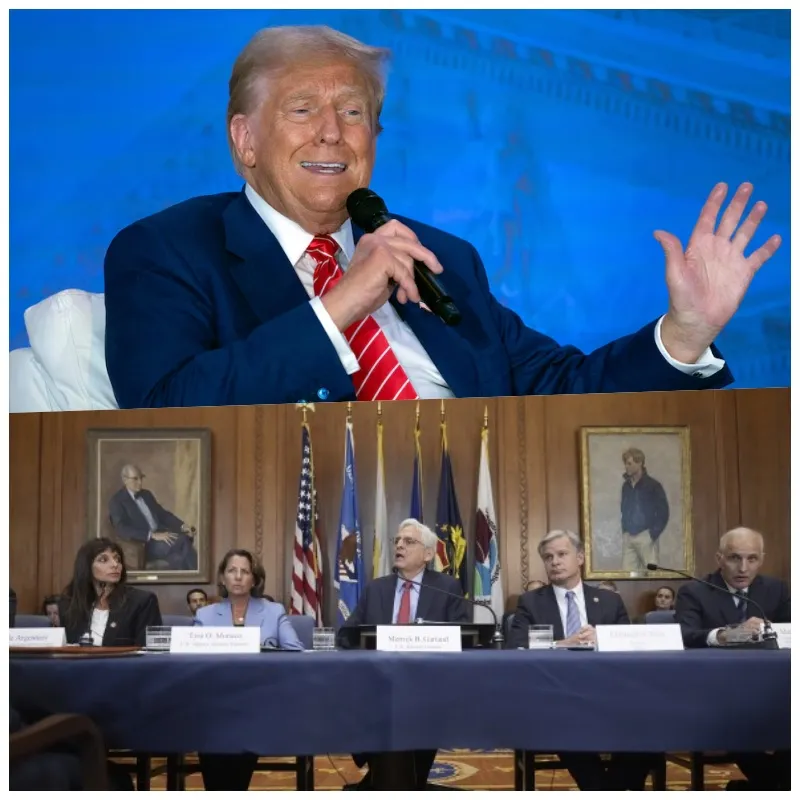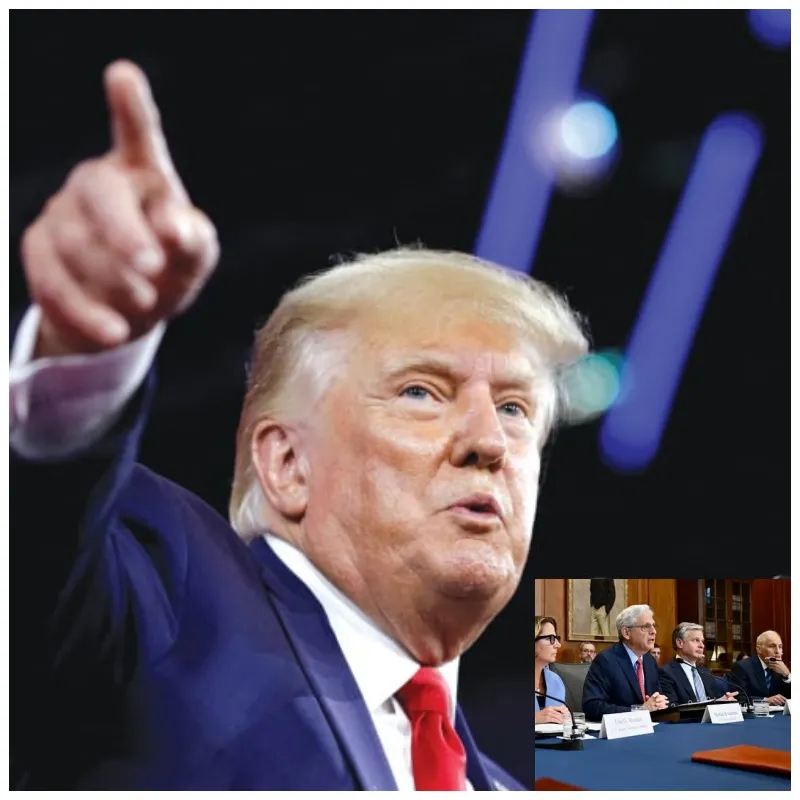
Right-Wing Influencers Unwittingly Involved in Covert Russian Influence Operation, U.S. Authorities Say
High-profile conservative influencers with millions of online followers have been implicated in an alleged Russian influence operation, according to a U.S. indictment filed on Wednesday. The indictment accuses a media company linked to well-known personalities such as Tim Pool, Dave Rubin, and Benny Johnson of being covertly funded by Russian state media employees. This operation aimed to produce English-language videos that aligned with Kremlin interests, particularly in amplifying domestic divisions within the U.S. and undermining American opposition to Russian policies, such as its invasion of Ukraine.

This revelation marks the third consecutive presidential election cycle in which U.S. authorities have unveiled details about Russian attempts to interfere in American politics. It also highlights how Moscow may be capitalizing on the growing popularity of right-wing podcasters, livestreamers, and other content creators who have become prominent on social media since Donald Trump’s presidency.
The Justice Department’s indictment does not allege any wrongdoing by the influencers themselves. Instead, it accuses two RT (Russian state media) employees, Kostiantyn Kalashnikov and Elena Afanasyeva, of conspiring to commit money laundering and violating the Foreign Agents Registration Act. They are currently at large, and their legal representation remains unclear.
Following the announcement, Pool, Johnson, and Rubin took to social media to assert their innocence, expressing surprise and frustration over the allegations. Pool, for example, stated, “We still do not know what is true as these are only allegations,” while Johnson emphasized his belief that he was misled about the company’s funding.
The indictment sheds light on a sophisticated effort by Russia to use unwitting Americans in its influence campaigns. This is the most detailed account of such efforts to date, illustrating how Moscow may prefer Trump as a political ally. Previous reports indicated that Russian President Vladimir Putin authorized influence operations to support Trump in the 2020 election, following similar actions in 2016.
With traditional media in decline and direct advertising on social media limited, influencers have become increasingly influential in shaping public opinion. Both major political parties in the U.S. have engaged numerous influencers, but the lack of transparency about funding sources has left the public in the dark about who is behind online messaging.
The indictment does not name the Tennessee-based content creation company directly, but the details align with Tenet Media, which lists influencers such as Pool, Rubin, Johnson, Lauren Southern, Tayler Hansen, and Matt Christiansen. Tenet Media’s influencers have over 7 million subscribers on YouTube and a similar following on X.

Despite the controversy, Tenet Media’s influencers have attracted a large and loyal audience, many of whom are disillusioned with mainstream media. Some have faced criticism for spreading misinformation. According to the indictment, some influencers were well-compensated, with one contract including a $400,000 monthly fee and additional bonuses.
The indictment also reveals that Tenet Media’s shows have featured prominent conservative figures and have garnered millions of views online. Pool, Rubin, and Johnson have all been influential in right-wing circles, with Pool hosting Trump on his podcast, Rubin moving from liberal to libertarian views, and Johnson being a vocal Trump supporter.
Liam Donovan, Tenet Media’s president, is married to Lauren Chen, a Canadian influencer with ties to conservative organizations like Turning Point USA and Blaze Media. Chen has also contributed opinion pieces to RT’s website.
This case underscores the evolving nature of influence operations and the complex intersection of media, politics, and foreign interference.






